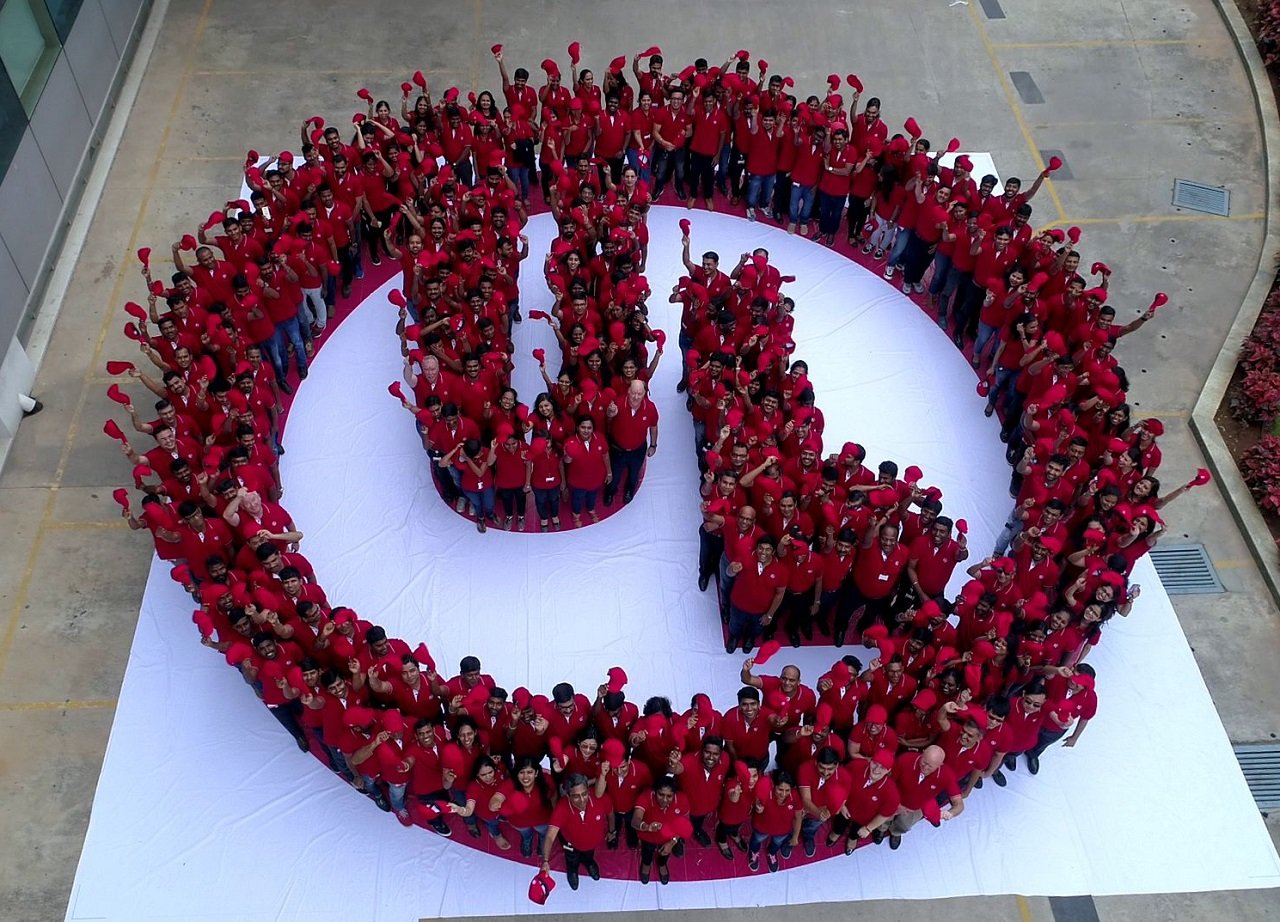Underwriters Laboratories (UL), a leading global safety science company, has announced that its Refrigeration Laboratory in Gurugram, India, has received World Health Organization (WHO) accreditation as a designated third-party testing laboratory for refrigeration equipment used for the storage of vaccines. This includes cold rooms, freezer rooms, solar-powered refrigerators and freezers, coolant-packs and related equipment. In addition, the WHO accreditation allows UL to carry out full quality assurance testing – on-site installation and commissioning – of cold room, freezer room and related equipment and coolants.
The accreditation for UL is part of WHO's Performance, Quality and Safety (PQS) process. PQS prequalifies products and devices in order that WHO member states and United Nations purchasing agencies help assure of their suitability for use in immunization programs. Before a product or device can be added to the PQS database, it must be tested. Verification testing establishes whether a specific product from a specific manufacturer satisfies the requirements of relevant PQS performance specification. With WHO accreditation, UL will now be carrying out these tests to verify performance, quality and safety. UL received the PQS accreditation for refrigeration equipment and devices after demonstrating to WHO officials the UL Refrigeration Laboratory's conformity capabilities to appropriate internationally or nationally accepted standards or codes of practice.
The UL accreditation comes at a time when researchers around the world are addressing the development of a COVID-19 vaccine. Producing and deploying enough immunizations to end the pandemic will be one of the biggest medical manufacturing efforts in history. To accomplish this, pharmaceutical companies, suppliers, governments and nonprofit organizations are busy readying the supply chain to handle a high number of needed COVID-19 vaccines. The vaccine supply chain involves not only manufacturing the vaccine contents, but also temperature-controlled storage to maintain vaccine quality from production to patient. Failing to keep vaccinations at the correct temperatures, including those used for immunization programs against children's diseases, can result in textural degradation, discoloring, bruising and microbial growth.
15 July 2020
UL Refrigeration Laboratory in India has received WHO accreditation
Related news
Embraco expands into HVAC market with scroll compressor acquisition
Nidec Global Appliance has announced the expansion of its Embraco brand into the heating and air conditioning (HVAC) market through the acquisition of scroll compressor manufacturer Xecom. Th...
09 Jul 2025
Sanhua and Midea Sign Strategic Cooperation Agreement for Global Ex...
Sanhua Intelligent Controls and Midea Group have entered a new phase of collaboration with the signing of a strategic cooperation agreement at Midea’s Global Innovation Center in Shunde, Guangdo...
24 Apr 2025
Embraco to begin compressor production in India from 2026
Embraco, part of Nidec Global Appliance, has announced it will begin manufacturing compressors in India with a new facility in Chhatrapati Sambhaji Nagar (Aurangabad), Maharashtra. The plant is sch...
05 Jun 2025
Caverion Austria acquires Lepuschitz Kältetechnik GmbH
Caverion Austria has acquired Lepuschitz Kältetechnik GmbH, a refrigeration specialist based in Wernberg, Carinthia. The acquired company employs 18 people and generates annual revenue of approxima...
01 Jul 2025
ABRAVA, GIZ, and MMA launch “Família Refrigeração” campaign
The Brazilian Association for Refrigeration, Air Conditioning, Ventilation and Heating (ABRAVA), the Deutsche Gesellschaft für Internationale Zusammenarbeit (GIZ) GmbH, and the Ministry of Environm...
04 Jul 2025
Smart Care acquires Mr. C Refrigeration to expand U.S. service reach
Smart Care, a portfolio company of Wind Point Partners, has acquired Mr. C Refrigeration, Inc., a provider of refrigeration and HVAC installation and repair services in the South-Central United Sta...
04 Jul 2025
